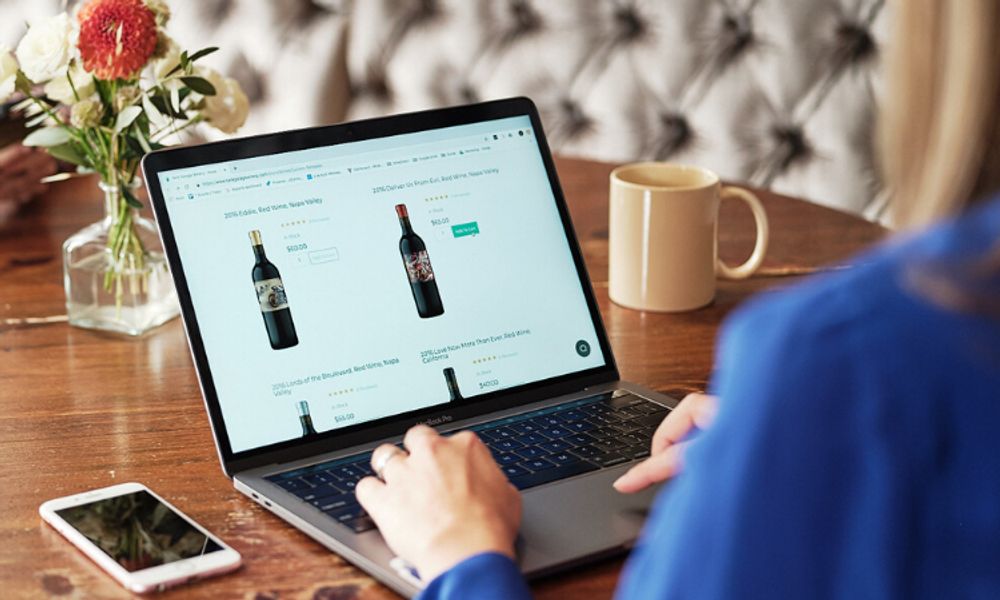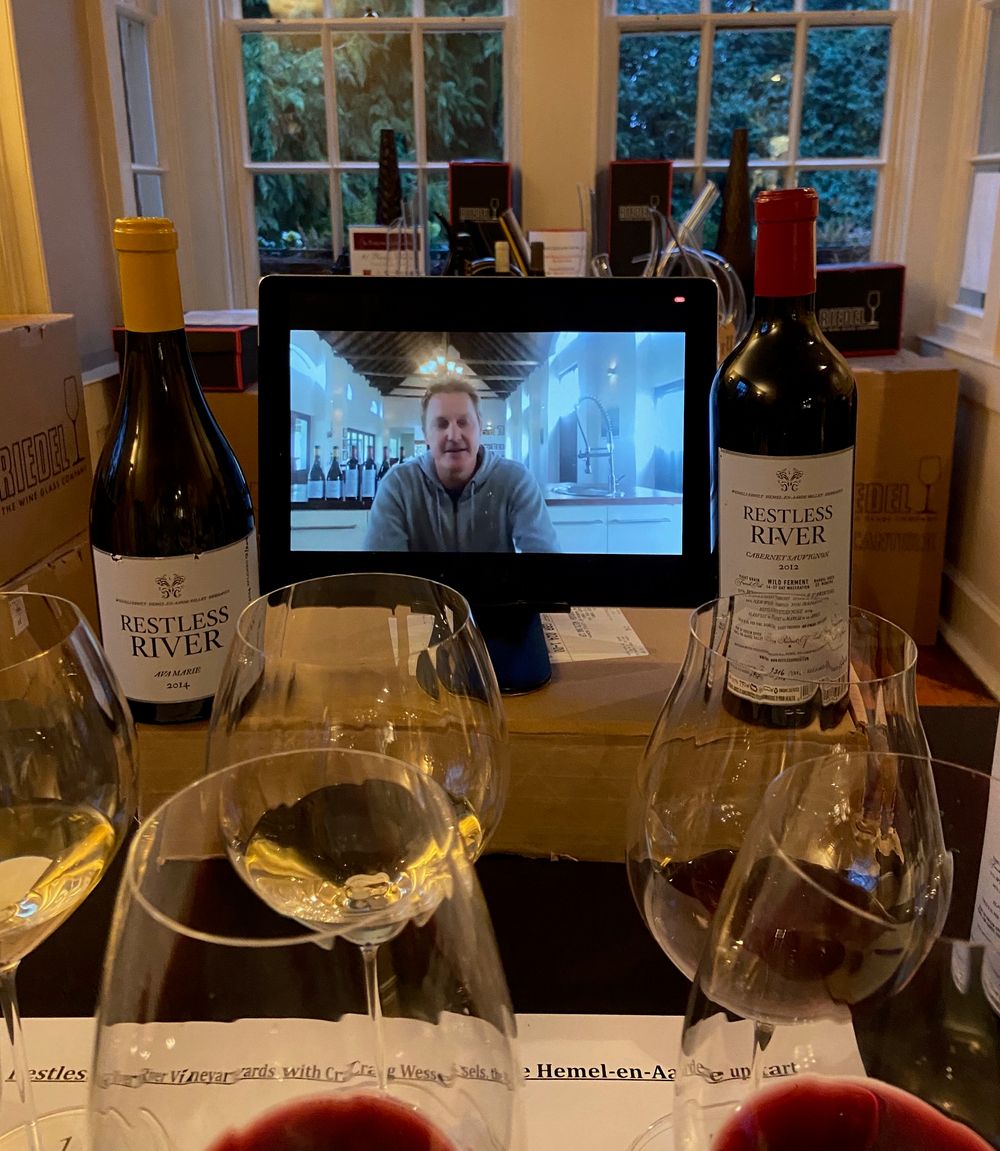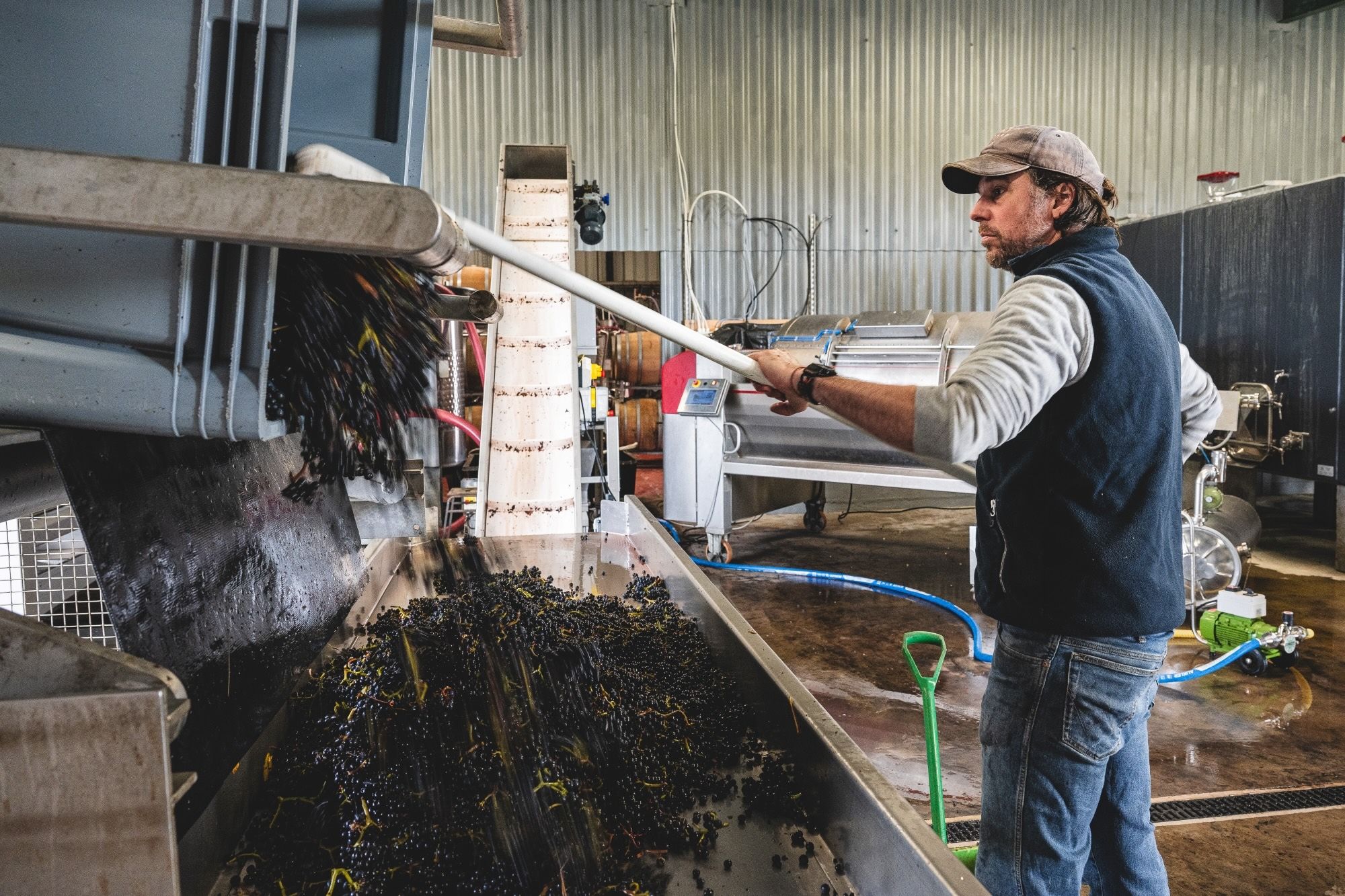Direct to consumer wine sales went boomed during the pandemic, but how do you keep them going and what is the trick to getting those new consumers to come back and buy more? Peter McAtamney believes his new DtC workshop has at least some of the answers.
Tell us about your new direct to consumer (DtC) workshop you are running?
The focus is on helping British wineries to build their skill set and grow the most profitable part of their business – direct to consumer sales. Our business has 20 years’ experience as one of the only private providers of wine business education globally. Over 1,400 wine businesses owners and senior managers have been through our programs.
You have customised the programme just for British winemakers – why do you see them as a key audience to go for?

How do you capture your share of the growing direct to consumer wine market ?
The market in the UK has boomed during Covid, but once tourism fully returns, that’s the real opportunity. It’s a matter of making sure that you are attracting the right people, giving them the right experiences and that you maximise longer term customer relationships. That’s where we specialise.
I spent nearly a decade managing the business of Freixenet in the Southern Hemisphere and helped develop the global brand positioning. This was a major factor in lifting global exports from 3 to 9 million cases in just five years. I, therefore, understand the sparkling wine and Champagne categories and how they differ from wine. In the workshop, we will be discussing how to create customer experiences and sales strategies to suit any type of wine business.
What will the workshop entail in terms of content?
The four main components of the one day program are:
- Developing a winning DtC strategy: including how to understand your potential, understanding your audience and matching your offer to your customers’ needs.
- Optimising sales and customer relationships covering how to attract the right customers and perfecting your offer and sales delivery.
- Communications technology with advice on what to invest in, making the most of SEO and social media and how you can make your website the ‘growth engine of your business’.
- Managing and setting up wine clubs so that you have an engaged membership.
What will be the format of the workshop?

English wineries have had to respond to the growth in DtC by setting up their own e-commerce sites
I deliver a lot of content but keep discussion going throughout encouraging participation. At the end, each participant fills out their own DtC one page strategic plan using the planning tool provided. We then share thoughts and learnings through questions. Participants generally say that they get as much from the group discussion and interaction with the presenter as they do from the course content. When that happens, I know it’s been successful.
What do you promise anyone doing the course will be able to go away and use in their own businesses?
Clarity and the confidence to implement a successful DtC strategy that will significantly improve sales.
Who do you see the course most suitable for? Do you need to be already doing ecommerce/ strong in digital?
This is suitable for any wine business owner, tasting room manager or other person involved in DtC sales. And yes, if you haven’t made a start, we can bring you up to speed quickly.
What are the biggest things a business needs to get right and take most seriously if they are going to do e-commerce and DtC well?
The key thing is not the technology. It is having a great customer acquisition and engagement strategy as well as effective, highly personalised ongoing communication.
What are the biggest pitfalls?
Not understanding what winery DtC is, as opposed to online retail or subscription marketing, both of which are important components. But overall staff are the single biggest determinant of success, whether they be direct employees or outsourced help. We will talk about who to employ and how to retain them in this tight labour market.
Do you have any figures on the increase in DtC and the potential opportunity there is for British winemakers to go for?

Winemakers can now visit people in their homes with their wines through virtual wine tastings
We carry out DtC benchmarking across Australia, New Zealand and South Africa and compare to US data. The average business in our survey now has half a million pounds in DtC revenue. The average per annum growth over the last 10 years has been in double figures. Last year it was 20%.
How does this compare to other markets like the US or Australia or Europe where there is a stronger wine producer community?
I am just about to run a workshop and then present to the South African industry at their annual tourism conference. South Africa managed 17% year-on-year growth in 2020 vs 2021. Whilst our respective countries were pouring in trillions to prop up our economies those poor guys were left to fend for themselves and faced total alcohol bans. So, I really don’t think there is a problem with UK wineries being at least as successful.
Are you looking repeat the workshop or offer others?
The plan is to make this an annual two day event as we do across all major regions of Australia, New Zealand and South Africa.
Anything else to say?
This is the opportunity to learn from 20 years of experience and move straight to the front. We are not starting at the beginning as we did in other markets.
- The Wine Business Solutions DtC Workshop takes place on March 24 at the Balfour Winery in Tonbridge.
- If you would like to find out more about the course you can download the brochure here and you can sign up to the event by registering here. The course costs £195 and includes lunch, morning and afternoon tea, course materials and planning tools.
- You can find our more about the research that Peter Peter McAtamney and Wine Business Solutions does here.








































